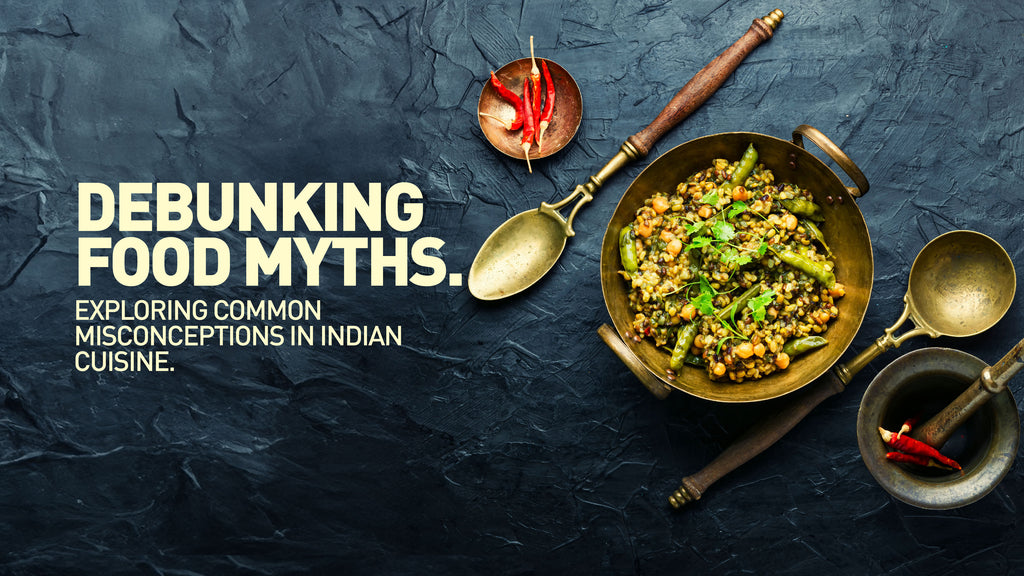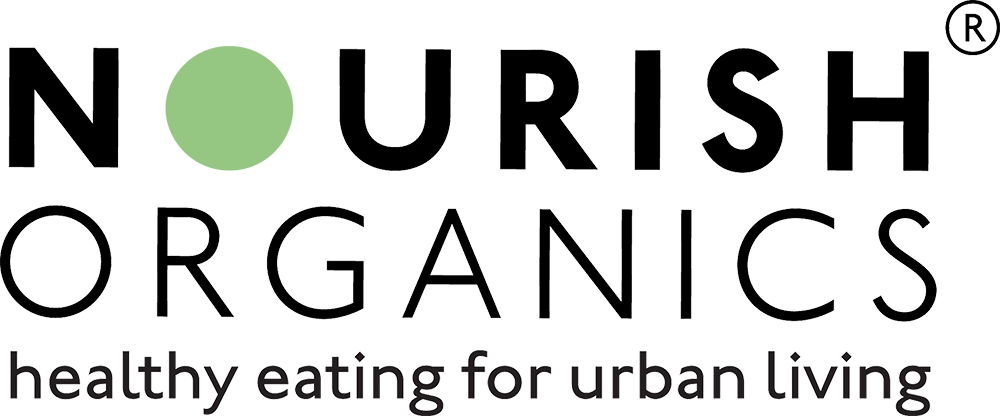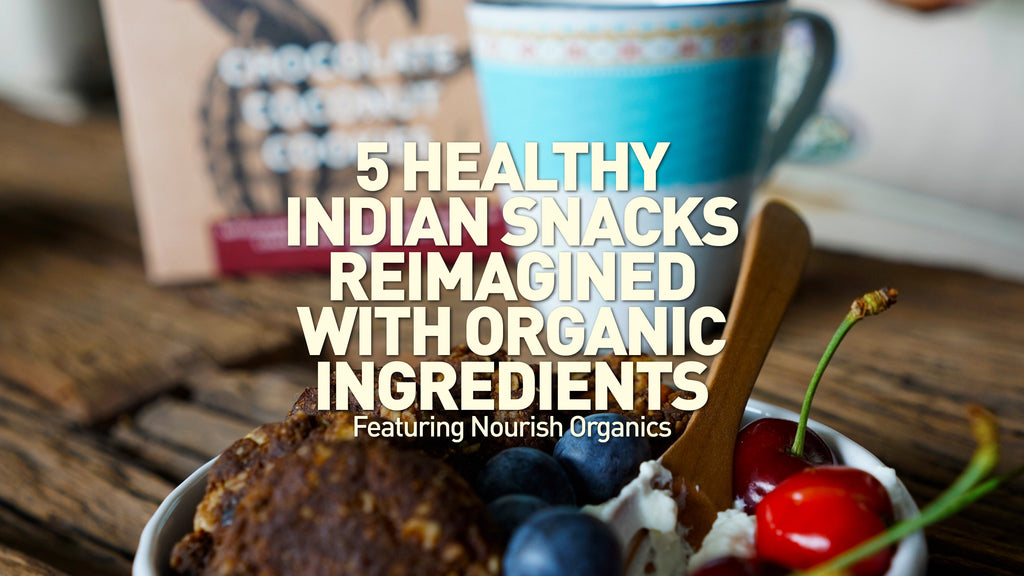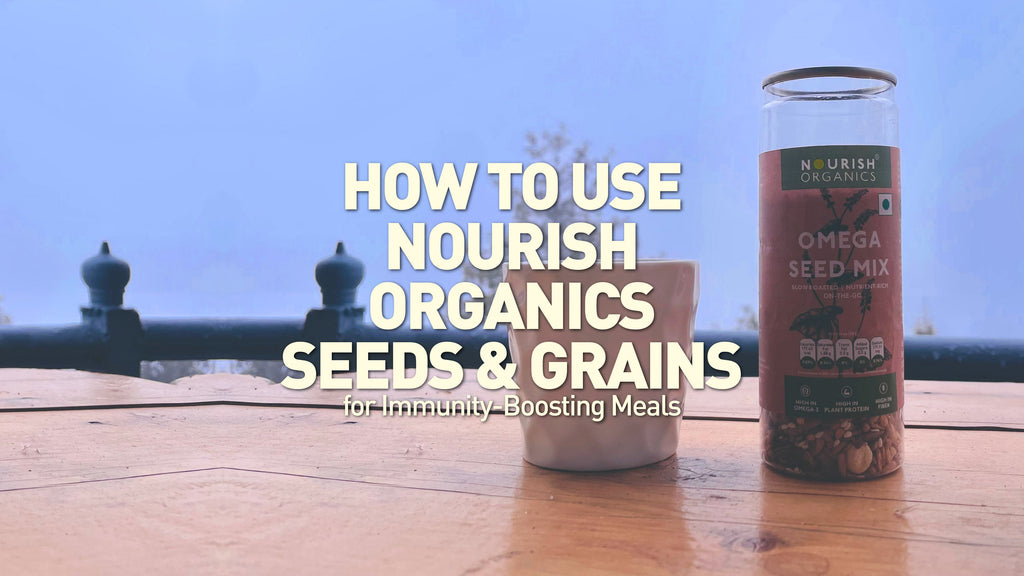
Debunking Food Myths: Exploring Common Misconceptions in Indian Cuisine

Indian cuisine is diverse and renowned for its flavors and traditions. However, it's not immune to food myths and misconceptions. In this blog post, we'll explore and debunk some common misconceptions surrounding Indian foods.
Myth 1: Ghee is Unhealthy:
One prevalent myth is that ghee (clarified butter) is bad for your health due to its high fat content. However, ghee has a unique composition of fats and offers several health benefits. It's rich in essential fatty acids and is a source of vitamins A, D, E, and K.
Myth 2: Spices Are Harmful:
Some people believe that Indian cuisine's generous use of spices can lead to digestive issues or stomach discomfort. In reality, spices like cumin, turmeric, and ginger have anti-inflammatory and digestive benefits.
Myth 3: Curry Is a Single Dish:
The term "curry" is often misunderstood to be a specific dish. In reality, it refers to a diverse range of dishes with varying ingredients and spice levels.
Myth 4: Indian Food is Always Spicy:
While many Indian dishes are spicy, not all Indian food is extremely hot. You can find a wide range of dishes with different levels of spiciness, from mild to fiery.
Myth 5: Vegetarian Food Lacks Protein:
Indian vegetarian cuisine is rich in protein sources like lentils, legumes, and paneer . You can easily meet your protein needs with a well-balanced vegetarian diet.
Debunking the Myths:
It's essential to debunk these misconceptions and acknowledge the nutritional and cultural value of Indian cuisine. Ghee, spices, and vegetarian dishes are not only delicious but also offer a variety of health benefits.














